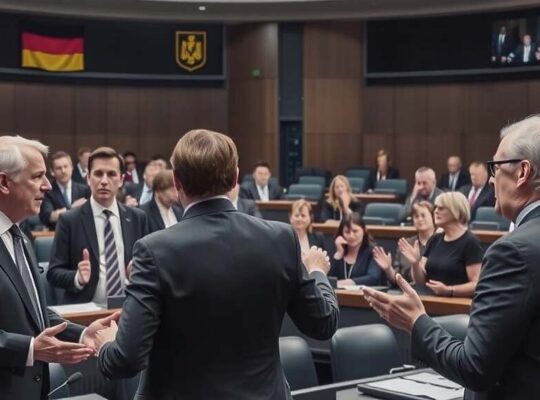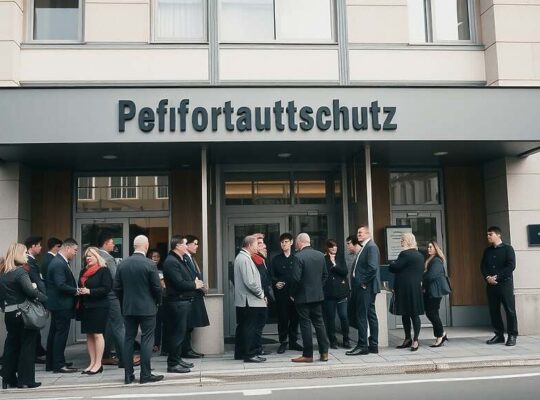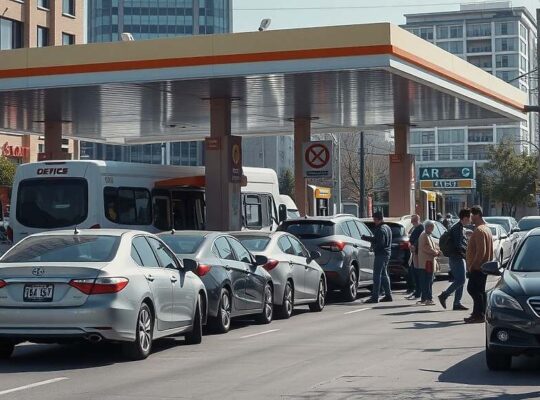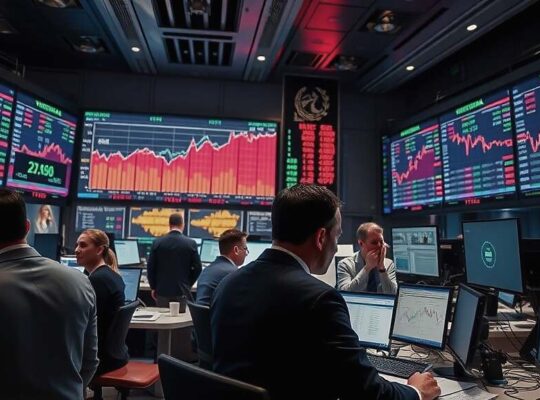A divergence in opinion is emerging within the German federal government regarding the potential application of carbon capture and storage (CCS) technology to gas-fired power plants. While Federal Minister for Economic Affairs and Energy, Katherina Reiche, appears open to maintaining the possibility, the Ministry for the Environment and Climate Protection, led by Carsten Scheider, is voicing reservations.
Jochen Flasbarth, State Secretary in the Ministry for the Environment, emphasized concerns that pursuing CCS could create a false sense of progress and prolong reliance on fossil fuels. He suggested the economic realities make CCS impractical for gas-fired power plants specifically.
However, the current coalition agreement and a recently approved draft bill from Minister Reiche’s ministry do not preclude the use of CCS in gas-fired power generation. The Ministry for Economic Affairs has asserted that a complete rejection of the technology should be avoided.
Energy economist Andreas Löschel aligns with the environmental ministry’s assessment, stating that the economic viability of CCS for gas power plants in Germany is currently questionable. Löschel, who chairs the expert commission monitoring the energy transition, points out that most gas plants are intended for use only during periods of insufficient renewable energy production, hindering the economic justification for the significant upfront investment CCS requires. He believes this also weakens the argument that allowing CCS would impede the expansion of renewable energy sources and questions the necessity of a legislative ban.
The Intergovernmental Panel on Climate Change (IPCC) recognizes CCS as a valuable tool for addressing unavoidable emissions in industries like cement, steel and chemicals, but cautions that reliance on carbon removal technologies could disincentivize immediate emissions reduction. Globally, CCS projects have faced challenges related to cost and scalability, resulting in capacity falling short of projected levels. Ensuring the long-term safety and permanence of stored carbon, preventing leakage back into the atmosphere, remains a crucial technical hurdle.












